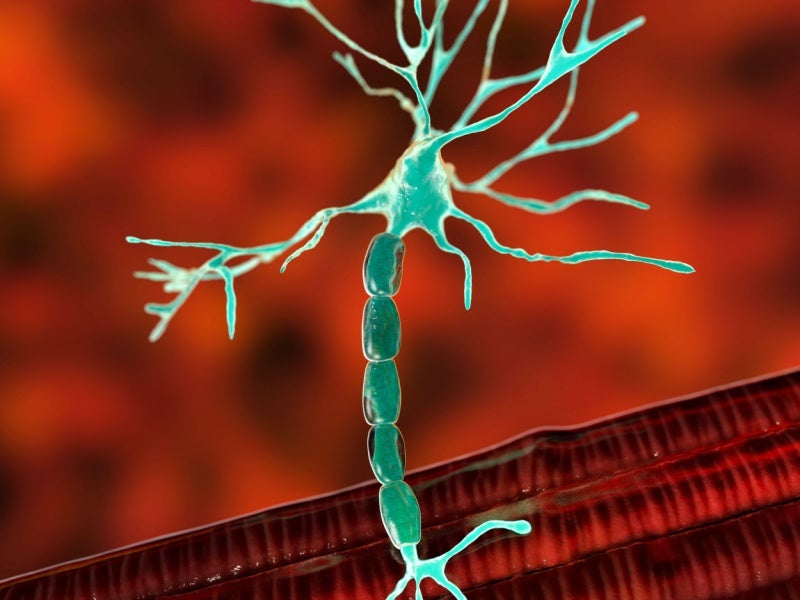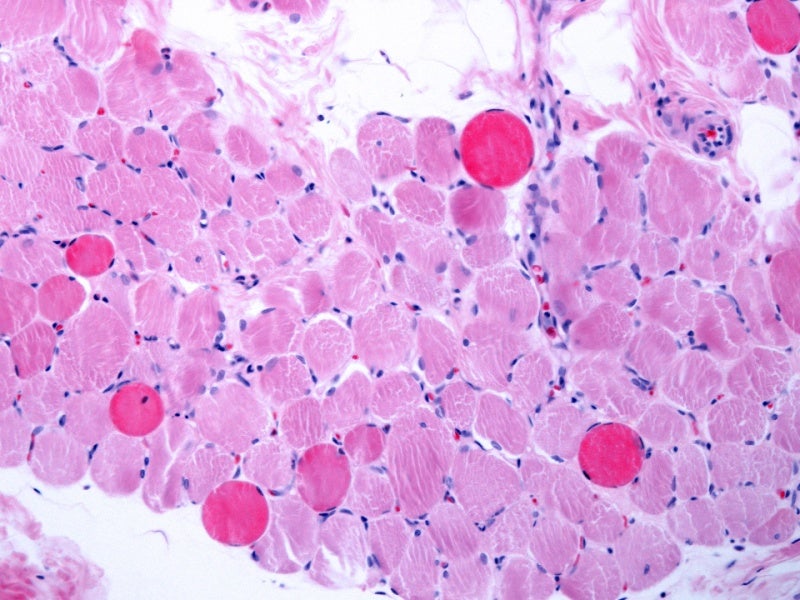Duvyzat™ (givinostat) is a new prescription medicine indicated for the treatment of Duchenne muscular dystrophy (DMD) in patients aged six and older. It is eligible for use in all genetic variants of DMD and marks the eighth approved therapy for this condition in the US.
Italfarmaco, a pharmaceutical company based in Italy, developed Duvyzat in collaboration with Telethon, an Italian non-profit organisation dedicated to funding research on rare genetic diseases and the Duchenne Parent Project in Italy.
Italfarmaco has established a new fully owned subsidiary named ITF Therapeutics in the US to facilitate the commercialisation of the drug and to expand its focus on rare diseases.
Duvyzat is available as an oral suspension containing 8.86mg/ml of givinostat with a peach-cream flavour. Its appearance may range from white to slightly pink.
Regulatory approvals for Duvyzat
The US Food and Drug Administration (FDA) approved Duvyzat in March 2024, based on results from the pivotal phase III EPIDYS clinical trial. The drug received priority review, orphan drug and rare paediatric disease designations from the FDA.
Italfarmaco submitted a marketing authorisation application (MAA) for givinostat to the European Medicines Agency in September 2023. The MAA is currently undergoing the regulatory review process.
Duchenne muscular dystrophy causes and symptoms
Duchenne muscular dystrophy (DMD) is a severe, X-linked progressive and life-limiting severe neuromuscular genetic disorder characterised by progressive muscle degeneration and weakness.
It is caused by mutations in the dystrophin gene, leading to the absence of functional dystrophin protein. The deficiency makes muscle fibres prone to injury, resulting in chronic inflammation and muscle degeneration, ultimately replaced by fibrotic and fatty tissue.
DMD predominantly affects boys, with initial symptoms typically manifesting between the ages of two and five. The condition progressively impairs mobility and eventually impacts the heart and respiratory muscles, leading to premature death.
The disease affects approximately one in every 3,500 to 6,000 male births globally.
Duvyzat’s mechanism of action
Duvyzat is a histone deacetylase (HDAC) inhibitor, targeting the deregulated activity of HDACs in dystrophic muscle tissue – a direct consequence of dystrophin deficiency in DMD.
By inhibiting HDAC pathological overactivity, Duvyzat mitigates the sequence of events that lead to muscle damage, thus potentially slowing the progression of muscle deterioration associated with the disease.
Clinical trials on Duvyzat
EPIDYS is a multi-centre, randomised, double-blind, placebo-controlled, 18-month clinical trial, which involved 179 ambulant boys aged six years or older.
The patients were randomised in a 2:1 ratio to receive either Duvyzat or a placebo, alongside standard glucocorticosteroid treatment.
The primary endpoint was the change in the time taken to complete a four-stair climb (4SC) from baseline to month 18. 4SC is a measure of muscle function that evaluates the time taken to climb four stairs.
The patients treated with Duvyzat experienced a less statistically significant decline in the 4SC compared to those on placebo. Patients receiving Duvyzat showed a mean change of 1.25 seconds in the time taken to climb four stairs from baseline to month 18, whereas patients receiving placebo exhibited a mean change of 3.03 seconds over the same period.
Additionally, Duvyzat demonstrated less worsening on secondary endpoints, including the North Star Ambulatory Assessment and fat infiltration evaluation by magnetic resonance imaging.
The most common side effects of Duvyzat™ observed in the patients during the trial were diarrhoea, abdominal pain, decreased platelets, nausea or vomiting, increased triglycerides and fever.





